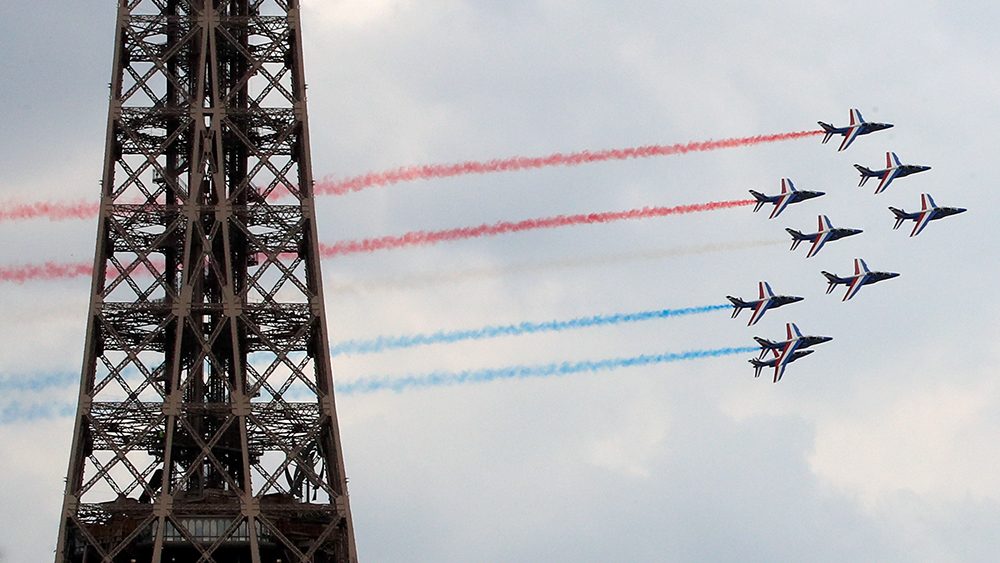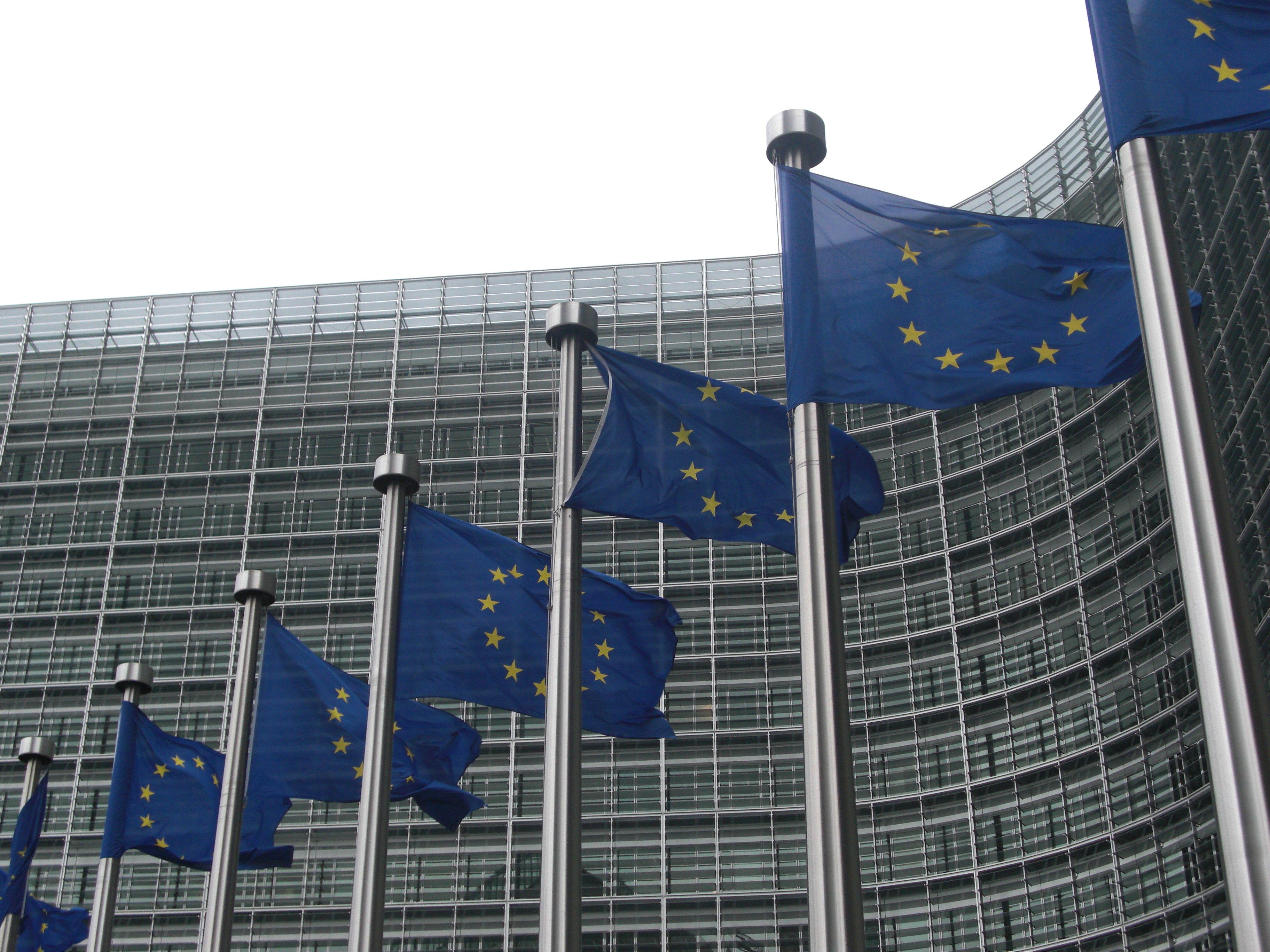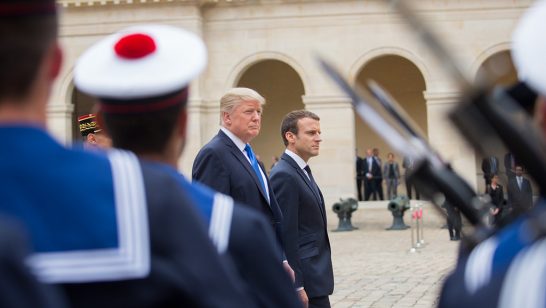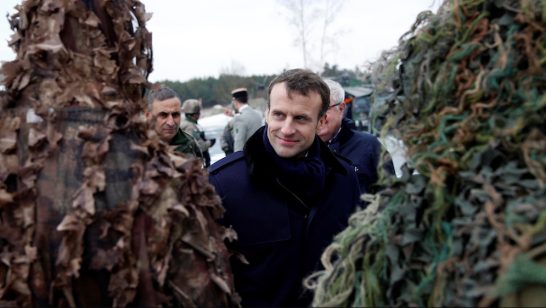
European political integration tout-court is a harsh idea for most European sovereigntists (supporters of strong and independent nation states), but integration on key specific issues is not. Nationalists do not want a ‘single political Europe’, but they understand that selective policies can only be realised at the European level in order to be effective and sustainable. Defence and security is certainly one such area, possibly the most central.
Some argue this cannot be so as defence is core to the idea of the nation state. In reality, however, many understand that a focus purely on national defence is no longer fit-for-purpose, and that the nation state is unable to cope with present and future threats alone. They understand the need for something beyond the national dimension, providing they are in control of the process.
Whether one cares about a stronger and more integrated Europe or not, one should care about European defence. As Kissinger reminded us, never in human history has an economic entity exercised its influence on the world scene without also having a meaningful military dimension. We talk in Europe of competing with the great centres of economic power – the United States, Japan, Russia, China, India, and new emerging nations – but there can be no significant European progression without the inclusion of a dimension on collective defence.
Today we live in a period of great transformation and uncertainty. The security situation around us is rapidly changing and, regrettably, not for the best. Security is a major concern of citizens: terrorist strikes in our cities make us feel unsafe. Yet (in)security is not only domestic, nor simply linked to terrorism, but rather, it is connected to the international picture.
And as we look around, what do we see? Migration issues in the Mediterranean; the most violent and long-lasting conflict of the past decades in Syria; Libya as a no-man’s land; sub-Saharan Africa in turmoil; the Levant and Middle-East full of unresolved tensions and conflicts; and a resurgent Russia, with assertive and at times aggressive behaviour.
People see these challenges, read about them in newspapers, watch them on their television screens; it comes as no surprise, therefore, that security has become the primary concern of many European citizens.
Is not by chance that a new EU defence action plan has been launched at the European level, creating two funds: one for defence research and technology, and the other for defence capabilities. The first is paid for by common EU budget (for the first time) while the second is mix-funded by both common and national funds. There is reawakening on the European defence issue.
But must European defence have strategic autonomy? Any time we discuss European defence, we face the question “Why? We have NATO to deal with that”. It is time to debate the issue. We need to agree on what we mean by European defence and what the (right) choices to be made are.
The first imperative comes in the form of the political to proceed with the European defence dimension through facts, not simply words and opinion. The first step in this direction is to harmonise national foreign policies. Security and defence policies are a tool of international action whatever the dimension, and without a serious step forward on this track, it is very difficult to proceed toward any meaningful ‘European defence policy’.
The second is to harmonise the different visions amongst political leadership and citizens in Europe on the use of the military. It is important to create a better understanding of the legitimacy of using military force, and this understanding must extend beyond governments to include parliaments and the people.
The third fundamental issue concerns the idea that ‘European defence’ means spending less nationally. This idea is wrong. If Europeans want to be serious about defence, if they want to generate a defence tool that is compatible with the economic, cultural, and social European potential, then we need to invest more, and not less. Many say we can spend less on defence if we spend better. But the reality is that we need to do both. We need to spend more and to spend better. President Trump’s statement on Europeans not spending enough on defence and exploiting US money may have been rude, but nonetheless true.
Our fourth choice concerns the defence industrial base. Here Europeans still have a strong protectionist attitude regarding our national industries. This protectionism means that many national defence industries do not have a sufficient financial base for adequate technological research investments. Yes, they may be protected, but are nonetheless unable to compete and develop high-level technologies. Sovereign nationalists are sensitive to this fact, so investing enough money on defence industries and promoting a fair process of consolidation and growth is an issue they can favour and support.
The fifth imperative is a true harmonisation of national defence planning processes. Today each European nation develops its own national defence policy and later tries to harmonise it with others. This must be changed in order to allow for the critical mass needed to have an effective and efficient industrial base.
Sixth: we need to invest much more in technological research in defence. We are on the eve of a technological revolution linked to artificial intelligence (AI), nanotechnologies, big data, quantum computing, and other innovations. These new technological realities are opening unthinkable horizons in the military and civilian realms. Hyper-warfare will allow for the dominant entrance of AI into the defence dimension. This will dramatically change the time factor and decision-making processes in security and defence. This requires large investments in research that will reverberate in all aspects of our societies and economies. Big investments demand big money, not only at the national level, but also at the European, and must include large companies and the private industry to develop cutting-edge research. This is happening in the US, in Russia, China, and elsewhere, but is not yet happening in Europe.
Last but not Least: let us not make the mistake to think of the collective European defence dimension as being entirely disconnected from the transatlantic bond. In the face of emerging or re-emerging challenges, such as an attack against democratic values, only a strong European-US bond would allow the West to defend what it cherishes most: our democracies, our ways of living, and our values. The idea of an independent Europe disconnected from the US would be a wrong and deceiving vision.This defence dimension, in which willing and able European nations, including those outside of the European Union such as the UK be post-Brexit, will serve to strengthen the transatlantic bond, and make it more balanced. This would better reflect the interests of Europeans, developing a healthier relationship.
If we were able to proceed together to achieve these steps, even the most sceptical and deepest proponent of Westphalian sovereignty would buy into the concept of collective European defence.
The opinions articulated above also do not necessarily reflect the position of the European Leadership Network or any of its members. The ELN’s aim is to encourage debates that will help develop Europe’s capacity to address pressing foreign, defence, and security challenge.





